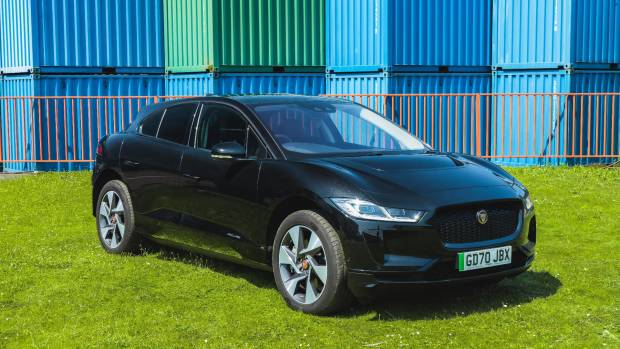
The electric vehicle industry is evolving quickly with companies developing new models to introduce to the market, while removing some others that might soon become obsolete.
Nissan (NSANY) -), one of the pioneers of the EV industry, introduced the Leaf in 2010, an early mass-produced EV. In July, Nissan said that it reached a milestone for global sales of 1 million EVs, which included over 650,000 Leaf vehicles. Despite sales success with the Leaf, the Japanese carmaker has said it plans to discontinue its small, affordable EV in the next few years and replace it with a new EV sometime in 2026.
DON'T MISS: Tesla’s new luxury rival unveils its first electric vehicle
Electric vehicle shelved, but might come back
General Motors' (GM) -) 2023 Chevy Bolt has also been a popular and affordable EV on the market with a manufacturer's suggest retail price starting at $26,500. GM originally targeted increased production this year from about 44,000 Bolts in 2022 to 70,000 in 2023. But the company instead decided to discontinue manufacturing Bolts in April.
GM CEO Mary Barra, however, said during the company's July 25 earnings call that the Detroit automaker would bring back the Chevy Bolt EV under its third generation battery technology, but did not say when.
Jaguar Land Rover, a subsidiary of Tata Motors (TTM) -), makes the all-electric Jaguar I-Pace crossover SUV. On May 30, it issued a Safety Recall Report with the National Highway Traffic Administration for a voluntary recall of 6,367 I-Pace vehicles from model years 2019-2024 built at its Graz Vehicle Assembly Plant in Graz, Austria.
The report said I-Pace vehicles had experienced thermal overload of the vehicle's high voltage battery pack assembly made by LG Energy Solution Co. that caused smoke or fire underneath the vehicle. It said the defect could result in an increased risk of injury to occupants or persons outside the vehicle as well as property damage. The report did not list any specific instances of injuries or property damage.
Recalled vehicles would receive an update to the Battery Energy Control Module software that will monitor the battery pack assembly operational status that indicates where the battery contains conditions which may lead to thermal overload condition, the report said. The warning message and associated owner guide instruction directed the driver to take their vehicle to a Jaguar retailer for diagnosis and, as required, repair.
Vehicle owners were notified of the recall on July 21. The recall is not the only bad news for fans of the I-Pace.

Shutterstock
Jaguar discontinues its I-Pace electric vehicle
Jaguar fans interested in purchasing I-Pace EVs will need to purchase their vehicles before the company retires the vehicle along with its whole line of gasoline-powered internal combustion engine cars in 2025. Jaguar had originally planned to continue producing the I-Pace when the company goes all-electric in 2025, as former Jaguar Land Rover CEO Theirry Bollore had said the vehicle would continue to be produced "better and better," Autocar reported.
Current CEO Adrian Mardell backtracked on Bollore's comments confirming that I-Pace would not be among the company's all-electric lineup of EVs when it retires all of its ICE vehicles, likely in 2025, Autocar said. Mardell said he'll have a better idea of the timing of the transition in 9 to 12 months. He also said that the I-Pace was helpful in the development of the company's other EVs. The previously mentioned recall was not mentioned as having any effect on the decision to discontinue the I-Pace.
Action Alerts PLUS offers expert portfolio guidance to help you make informed investing decisions. Sign up now.







